Book Crush Explained: The Deep Emotional Reasons You Love Fictional Characters
May 18, 2025 | by Mindseek
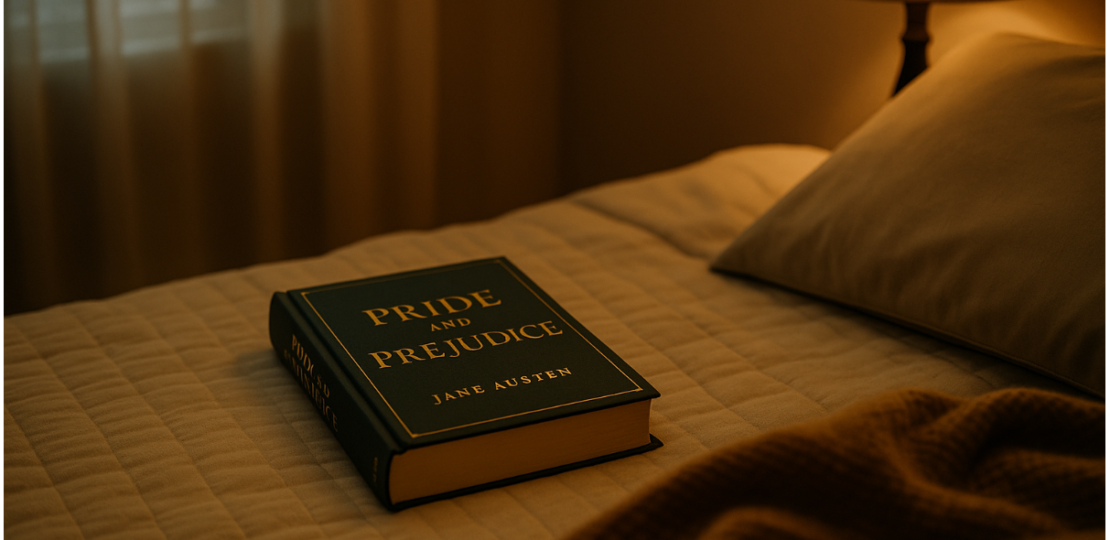
Have you ever caught yourself smiling over a character who doesn’t exist? Maybe you’ve reread their lines. Maybe you’ve imagined what a conversation with them might feel like. Maybe—just maybe—you’ve had a book crush.
Don’t worry, you’re not alone.
This phenomenon is far more common (and far more psychologically revealing) than we often admit. And it turns out, falling for a fictional character isn’t silly — it’s deeply human. In this article, we’ll explore the psychology of fictional attraction, why it happens, and what it might be quietly revealing about your inner world.
What Is a Book Crush, Really?
A book crush is a form of parasocial attachment — a one-sided emotional connection formed with a character from fiction. It’s not limited to romance. It can include admiration, empathy, or even a protective sense of closeness.
And here’s the key: even though the character is fictional, the emotions you feel are real. Neuroscience backs this up. The brain processes well-written fictional interactions similarly to how it processes real-life social cues.
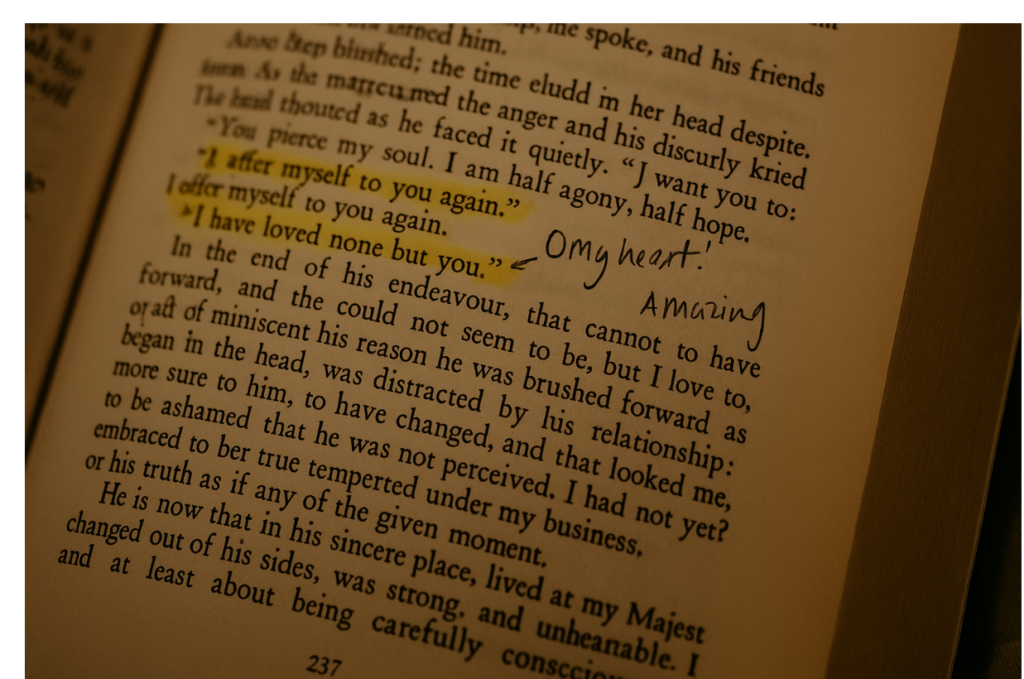
So, when you blush over a witty line or feel a pang when a character gets hurt? That’s your brain doing what it’s designed to do — respond to emotional storytelling as if it’s happening around you.
Why You Fall for Fictional Characters: A Psychological Breakdown
Falling for someone who lives on a page (or in your Kindle) may seem irrational, but psychology paints a different picture. Below are some evidence-backed reasons why your heart might be stolen by someone who isn’t technically “real.”
1. Fictional Characters Are Safe Attachments
Unlike real-life relationships, fictional characters won’t hurt, judge, or disappoint you. They exist within the emotional boundaries you choose. That makes them idealized companions for those navigating past trauma, rejection, or social anxiety.
2. They Fulfill Ideal Traits We Seek
Writers often infuse characters with idealized qualities: emotional intelligence, self-awareness, depth, vulnerability, or even just attentiveness — qualities that may feel rare or missing in real life. When those traits align with your unmet needs, it creates a cognitive resonance that can feel magnetic.
3. You’re Projecting (and That’s Normal)
A fictional crush isn’t just about the character. It’s about what that character represents to you. Often, we project our desires, values, or unspoken emotions onto them. This is known in psychology as transference — when the feelings you hold internally are reflected onto another figure (even if they’re fictional).
4. The Brain Loves Narrative Intimacy
Fiction gives us direct access to a character’s inner world — thoughts, feelings, fears. That’s a level of emotional intimacy rarely achieved in real life. It leads to what psychologists call para-romantic relationships, where the emotional connection feels personal, though it’s imagined.
5. You’re Not Escaping — You’re Exploring
Contrary to the idea that these crushes are about avoiding reality, many readers engage with fiction to explore parts of themselves. These characters can become mirrors, helping you explore who you are, what you desire, or even what kind of connection you value.
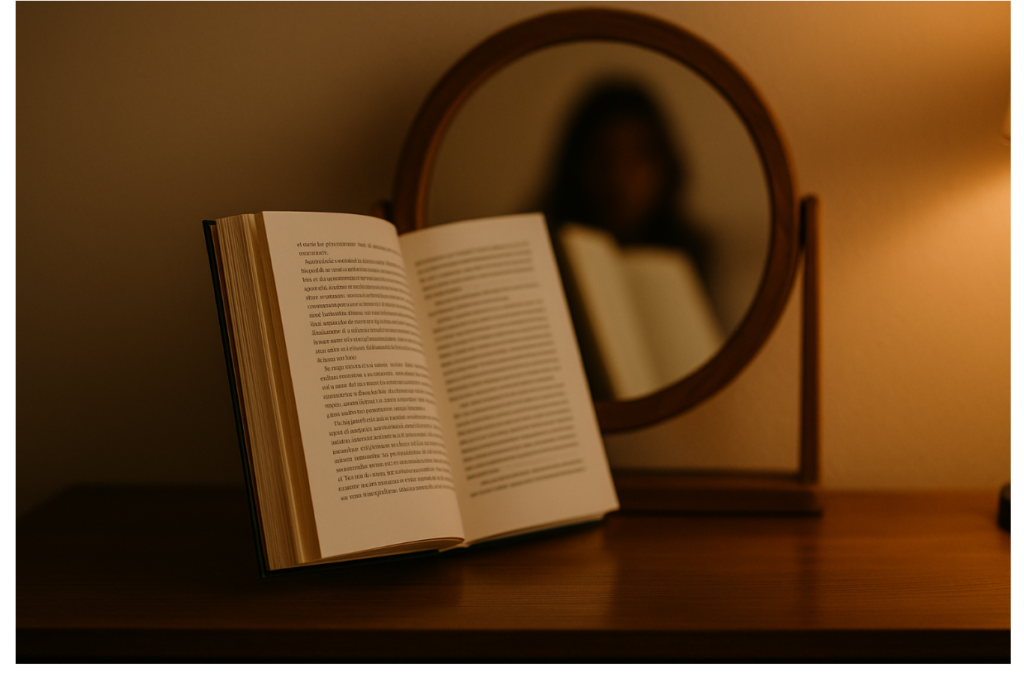
So… What Does a Book Crush Say About You?
Here’s where it gets really interesting.
You’re Emotionally Attuned
If you can connect deeply with a fictional person, chances are you’re also highly sensitive to human nuance. That’s a strength. It suggests empathy, imagination, and a strong capacity for emotional depth.
You Crave Connection — Not Just Romance
A book crush is often less about romance and more about meaning. It may reflect your longing for connection, for intellectual or emotional stimulation, or even for parts of yourself you’ve suppressed or not yet discovered.
You’re Likely Introspective
Book lovers who form character attachments often use fiction as a form of self-reflection. You may ask yourself: Why do I like this character? What does this reveal about me? And that’s a powerful psychological tool — it shows self-awareness in action.
Are Book Crushes Healthy?
Yes — overwhelmingly so.
According to experts in narrative psychology, developing feelings for fictional characters is a sign of active emotional processing. It’s also a way for the mind to rehearse social dynamics, explore hypothetical emotions, and practice empathy in a safe context.
In fact, some therapists even use fictional characters as tools in guided imagery or inner-child work. Why? Because imagination and emotion live next door in the brain, and stories let us visit both.
How to Embrace It (Without Letting It Take Over)
While it’s normal to form emotional bonds with fictional characters, staying grounded is also important. Here’s how to strike a healthy balance:
1. Acknowledge It Without Shame
What you feel is real, even if the person isn’t. Naming the feeling helps integrate it meaningfully.
2. Use It for Self-Discovery
Ask yourself: What traits drew me in? What emotional need did this character meet? You’ll learn a lot about your inner world.
3. Don’t Compare Real Relationships to Fictional Ones
No one is written by a team of editors. Real-life intimacy is messy, but it’s also more rewarding over time.
4. Let It Inspire You
Your connection with a character can fuel your creativity, deepen your reading experience, and expand your understanding of human psychology.
Who Are You Really Falling For?
The next time you catch yourself sighing over a line of dialogue or re-reading a passage that stirred something in you, pause and ask:
Is it the character I love… or the part of myself they help me understand?
Because maybe that’s what this whole book crush phenomenon is really about — not just falling for someone on the page, but discovering something quietly beautiful in yourself.
RELATED POSTS
View all

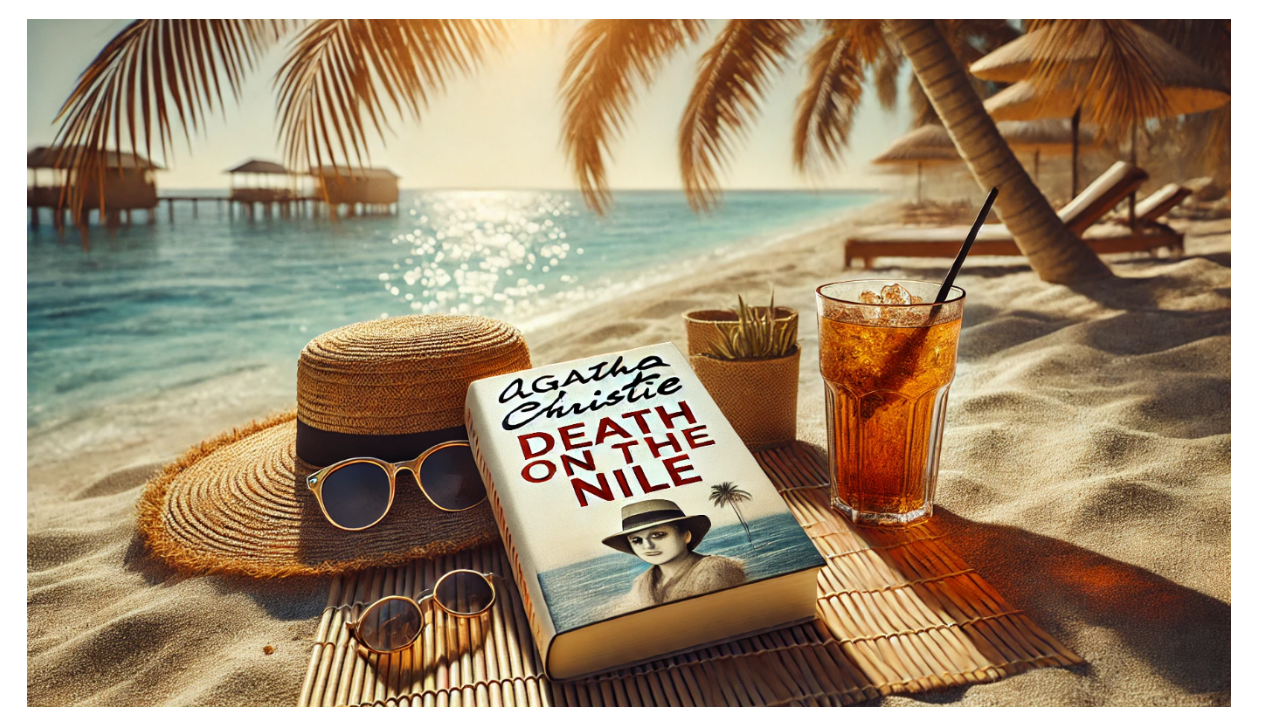
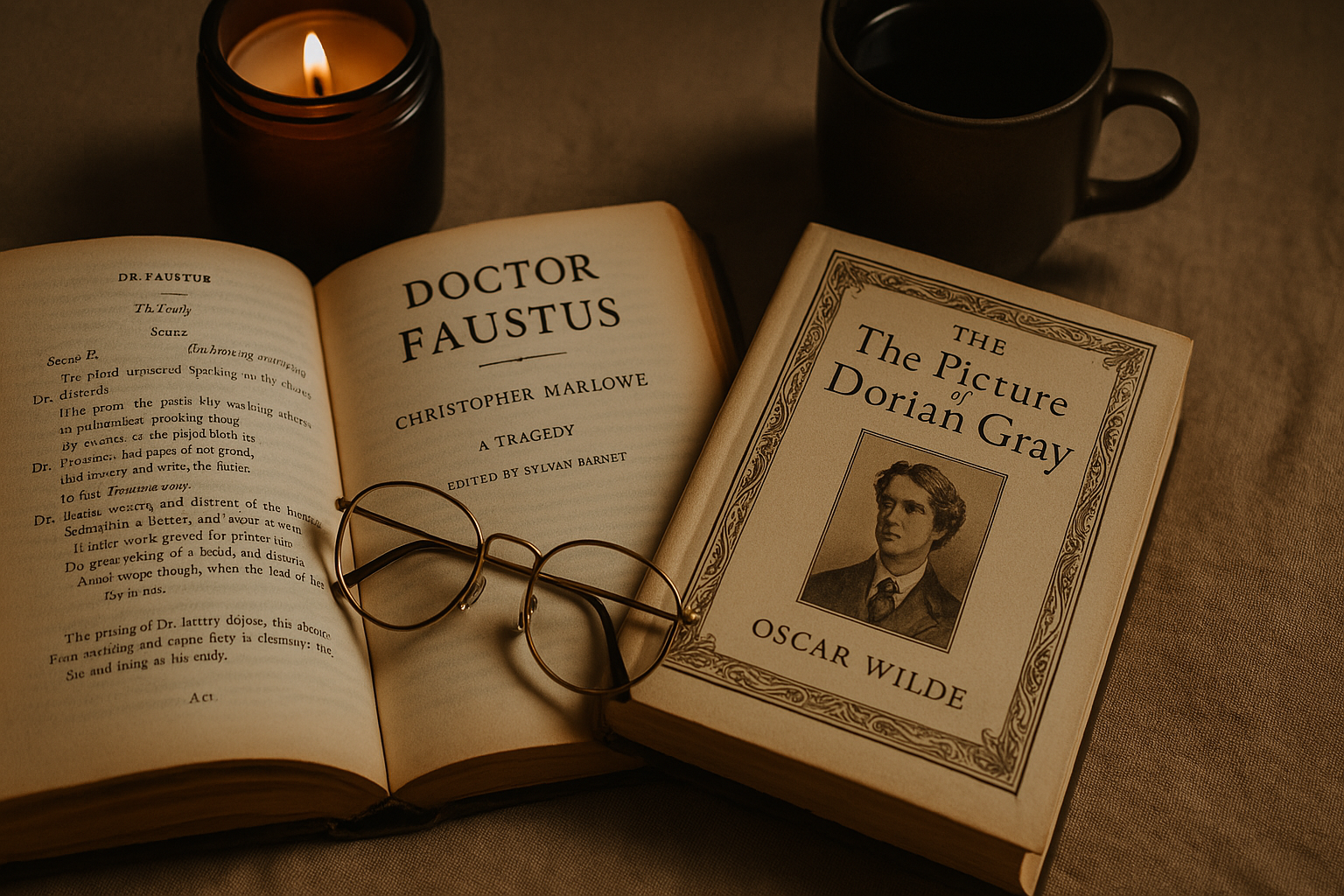
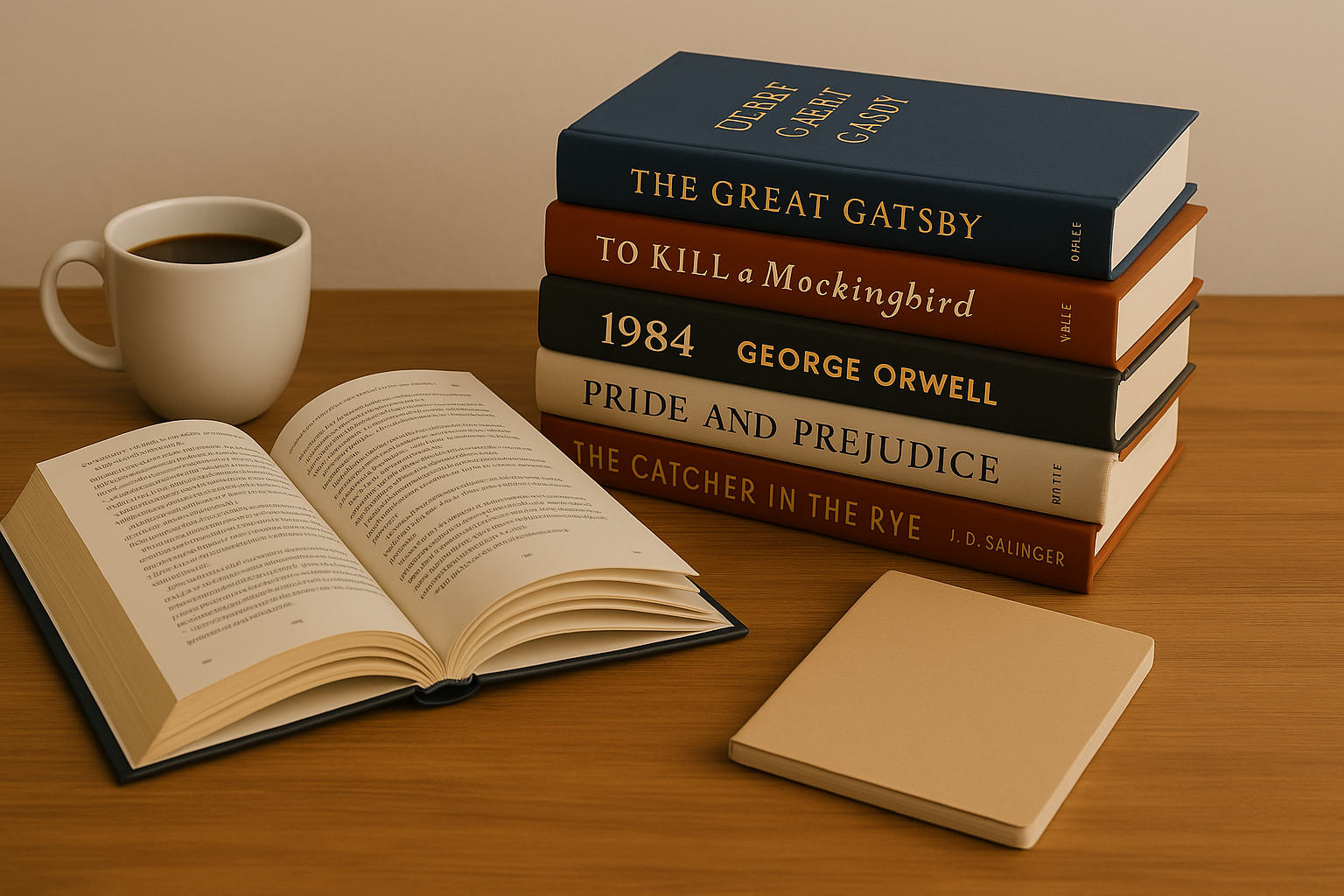
Leave a Reply